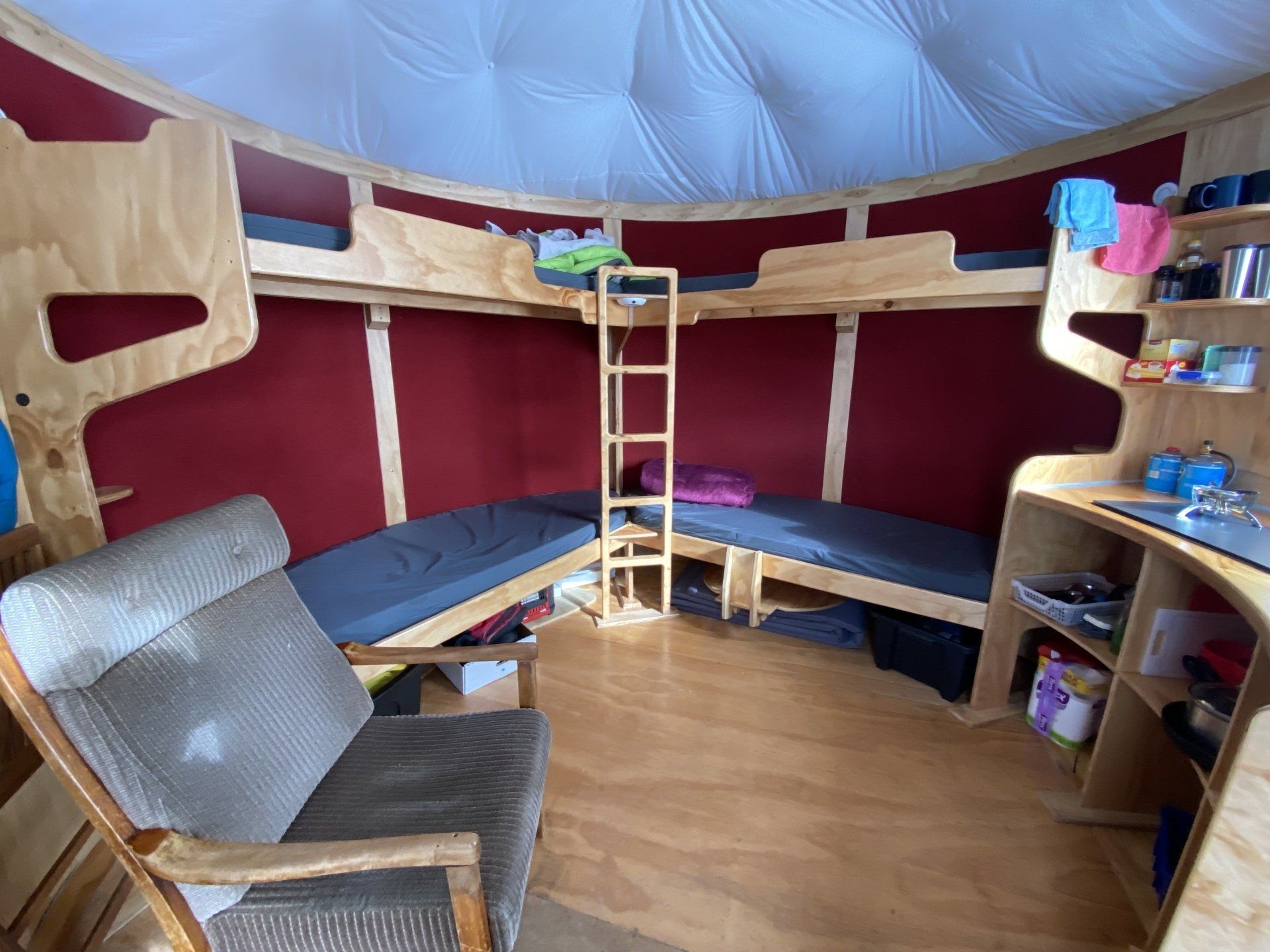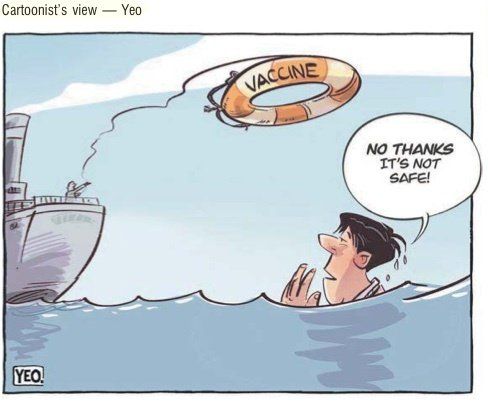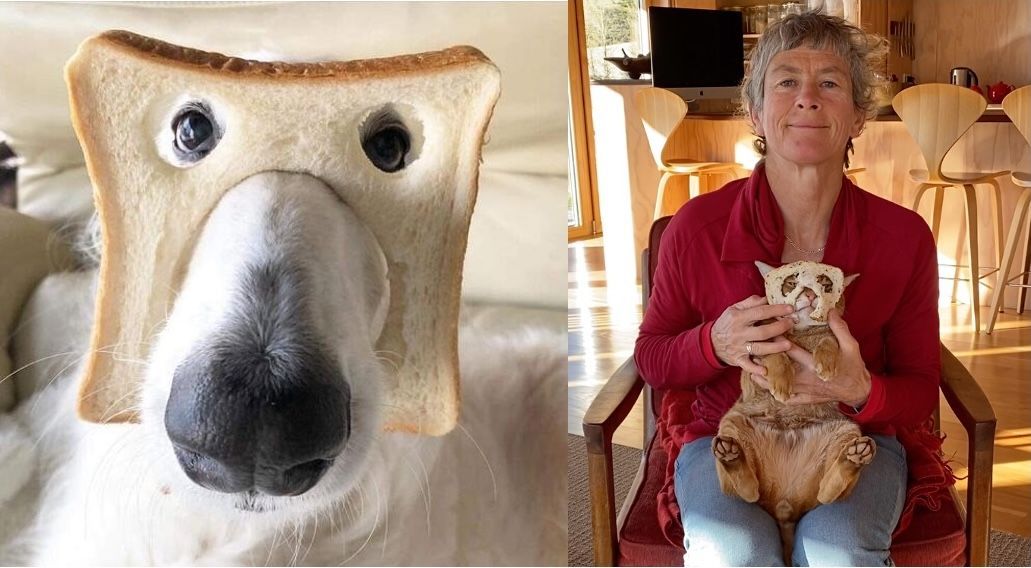Did It

I thought I had better take my own words to heart and get out there. During lockdown I thought about what I wanted to do that I hadn’t been doing. The answer was, spend time in the backcountry. Even more specifically, my answer was spend time in the backcountry by myself.
When I told my songwriting class that I had spent the night on my own in the Turk in the picture, I was asked “Why”? “Because I loved it” is my best answer. Women are so often discouraged from enjoying being on their own, particularly in physically challenging environments or places that are perceived by others to be dangerous. I can’t think of anything very dangerous about spending the night on my own in a hut in the mountains. If there is someone out there looking to attack a woman, they probably aren’t going to bother walking three hours to turn up at a hut where there might or might not be a woman. If assault is on people’s minds, they are better off to hang out in cities where there are lots of other people available. From personal experience, that is exactly what they do.
But, really, how often does anyone get attacked randomly in New Zealand (sadly, the majority of violence is between people who know each other). So the only other reason to discourage me from heading out to a hut on my own is that I might get hurt on the way, while by myself. I might also get hurt in lots of other places, definitely including our lifestyle block where I use a variety of dangerous machinery, sometimes while on my own. For the back country, these days I have a satellite texting device with an emergency button (a Garmin inReach) so I can lay a breadcrumb trail of my locations, communicate if I want to, and push the button in the unlikely event something goes badly wrong. That’s safe enough for me – safe enough for the rewards for absolute sure. I think society tends to spend far too long thinking about risks and not nearly enough time considering the balance between degree of reward vs degree of risk.

One of my rewards was to get to spend a considerable number of hours sitting in the arm chair in this very cool Turk, reading a book from cover to cover. I didn’t even have to read my own book – there was a good supply there! I arrived in sunshine, but almost immediately the weather closed in (as forecast), I got to feel cosy inside the hut while it snowed, and I got to wake up in the morning to a pristine white surface. My other reward was the pure joy of walking in the back country on your own, no other people in sight and feeling your body happily climbing 1000m uphill through the tussocks to the snow.
At this point I should say thank you to Erik Bradshaw, the inventor of Turks and the person who has driven the installation of 6 of these little huts in the mountains near Arrowtown. His vision is to have a club of people who contribute to building, installation and maintenance of Turks, harking back to the collaborative days of backcountry experience rather than the recent bent of mass tourism and maximum income. Erik is doing a fantastic job and creating a team of people who want to see more Turks in the back country. We need more inspired and energetic people like Erik.
If I love being in the backcountry on my own so much, how come I don’t do more of it? I actually do a reasonable amount of day time mountain biking on my own but I haven’t spent a night on my own for a while. There’s the effort of organising oneself that is a barrier but, for all my words above, I am not immune to fear, even when I know fear is unreasonable. People have asked me if I am scared about a number of things that I do and I have come to realise that the correct answer is, “Yes, but I do it anyway”. Fear is only useful in that it makes you check whether your activity is sufficiently safe, beyond that fear is a barrier to experience and life. I wanted to hike overnight on my own, so how to trigger myself into doing it?
I use the same tricks on myself that I tell other people to use when I work with them on research grant applications.
- First of all, lock yourself into your activity. I thought about spending the night at the Turk and I immediately went online and booked it. Commitment – I had paid money and had a specific appointment.
- Second, tell other people you are going to do it – I told Chris I had booked the Turk and asked another friend to attend a conflicting Zoom call for me, explaining why. It’s much harder not to do something when you know other people are expecting you to do it.
- Third, start preparing – start the chain of small, but concrete actions that step you towards the event. I started getting the things out of my drawers that I knew I would need and mentally going through my takeaway list.
- Lastly, allow yourself a specific out – not a general, I don’t want to do this out, but an out relevant to any specific concerns you have. There was the possibility that the weather would be really bad – I gave myself the option that if the weather in the morning was dire I would not go, but I had to continue my preparations up to the point that I made the decision. As I did my last Zoom call in the morning gusty showers blew through. I did a little mental test – is the shower bad enough to not go? The resounding answer in my head was, ‘For heaven’s sake, why would you be put off by 10 minutes of rain, you have a raincoat and overtrousers’. By departure time the sky turned out to be all blue with a wind that blew me uphill to my desired destination.
In so many interactions at the moment it seems like people are doing things hard. Emotions are heightened and disagreements rapidly escalate. In New Zealand, our psyches are becoming aware that, although we have had 18 months that have been better than much of the world experienced, the next 6 months or more are going to be tough. The possibility of our country opening up dangles in front of us (though frequently seeming to be snatched away again), while we come to the concrete realisation that an increased number of people will die when COVID comes into New Zealand. When times are tough, figure out what you love, and how to do more of it, and use all the tricks in the book so that you do it now (or as soon as possible if you are in lockdown – Aucklanders, when I think of you I feel a bit guilty about this blog).






